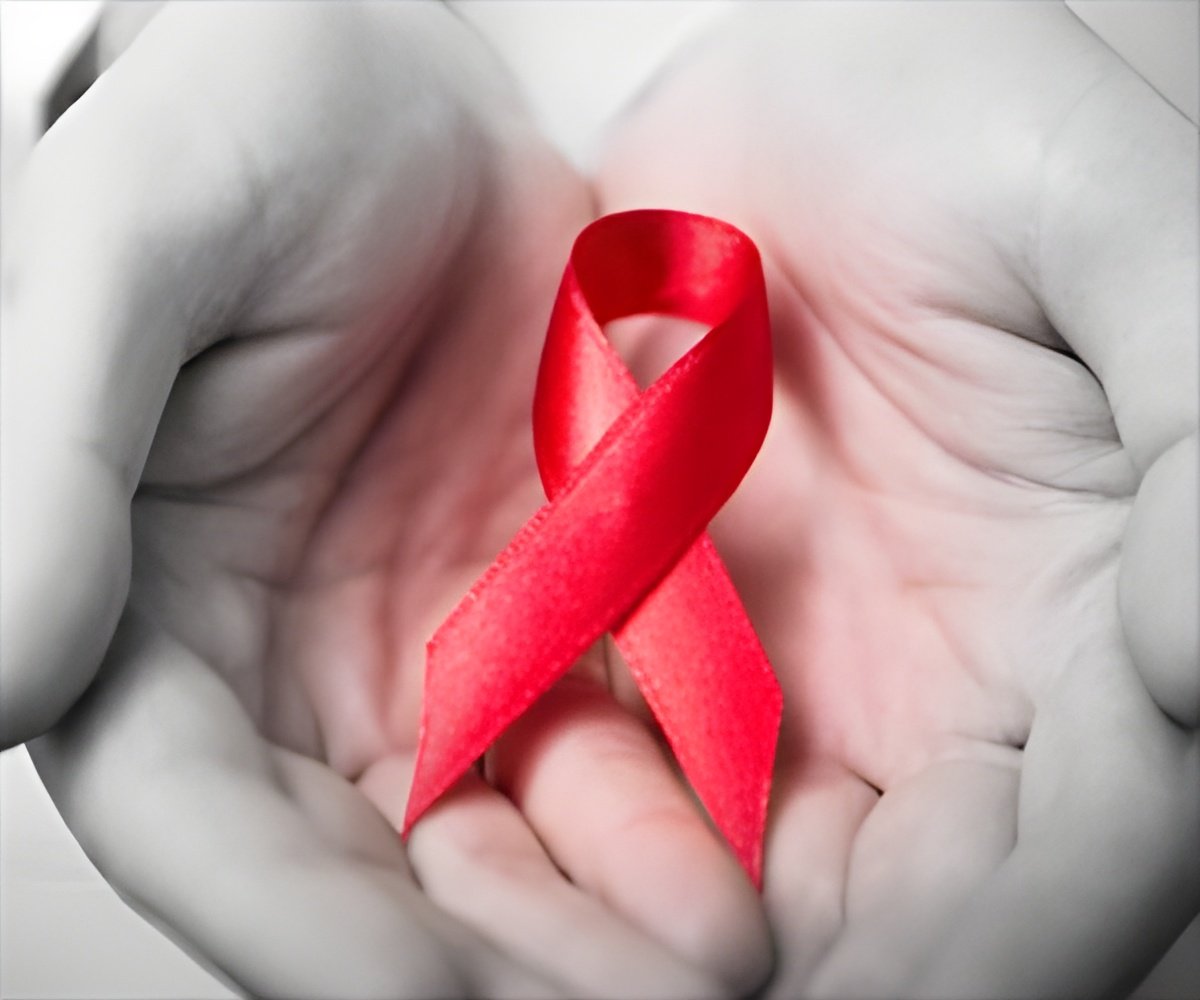
He said that over 600,000 cases of HIV infection had been recorded in Russia since 1987, although this number is far lower than an estimate by the United Nations that 980,000 people have been infected with the virus in Russia.
He expressed concern that women were increasingly being exposed to the virus and said that in 13 regions of Russia more than half of HIV infections were of women.
Onishchenko said that transmission of the virus between heterosexuals was on the rise and now accounted for 39.9 percent of infections. However most new infections, 57.6 percent, were still caused in intravenous drug injections.
Russia has long been criticised by international agencies for failing to spend money properly on anti-HIV programmes and not targeting groups most at risk like drug users, homosexuals and sex workers.
Andrei Zlobin, the head of Russia's HIV victims association, said that the whole fight against the virus in the country was marked by a lack of efficiency, with contradictory statistics and a lack of a government strategy.
Advertisement
The fight against HIV, the virus that causes AIDS, is a major social battle for the Russian authorities in a region where the infection is spreading five times faster than the global average.
Advertisement
Source-AFP












